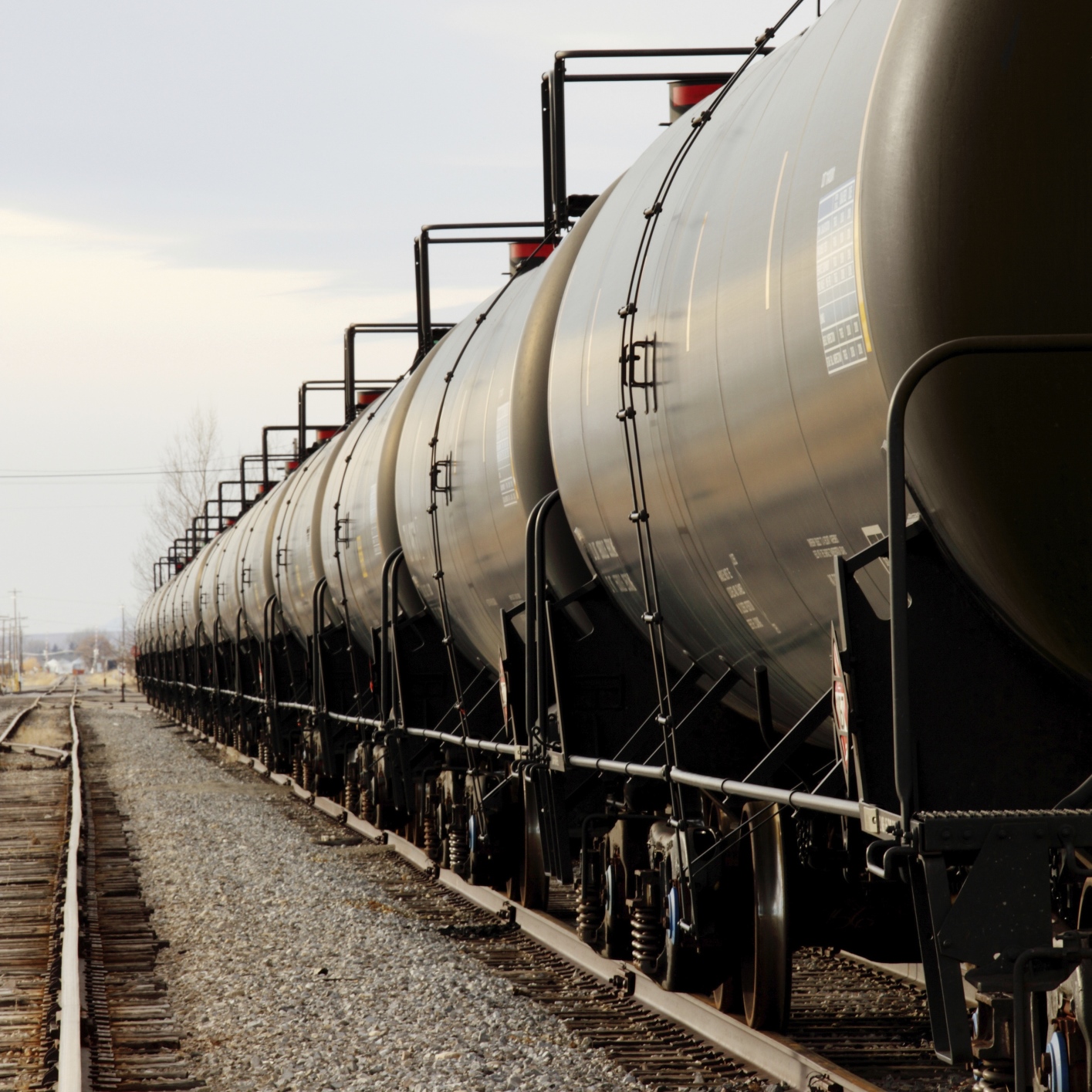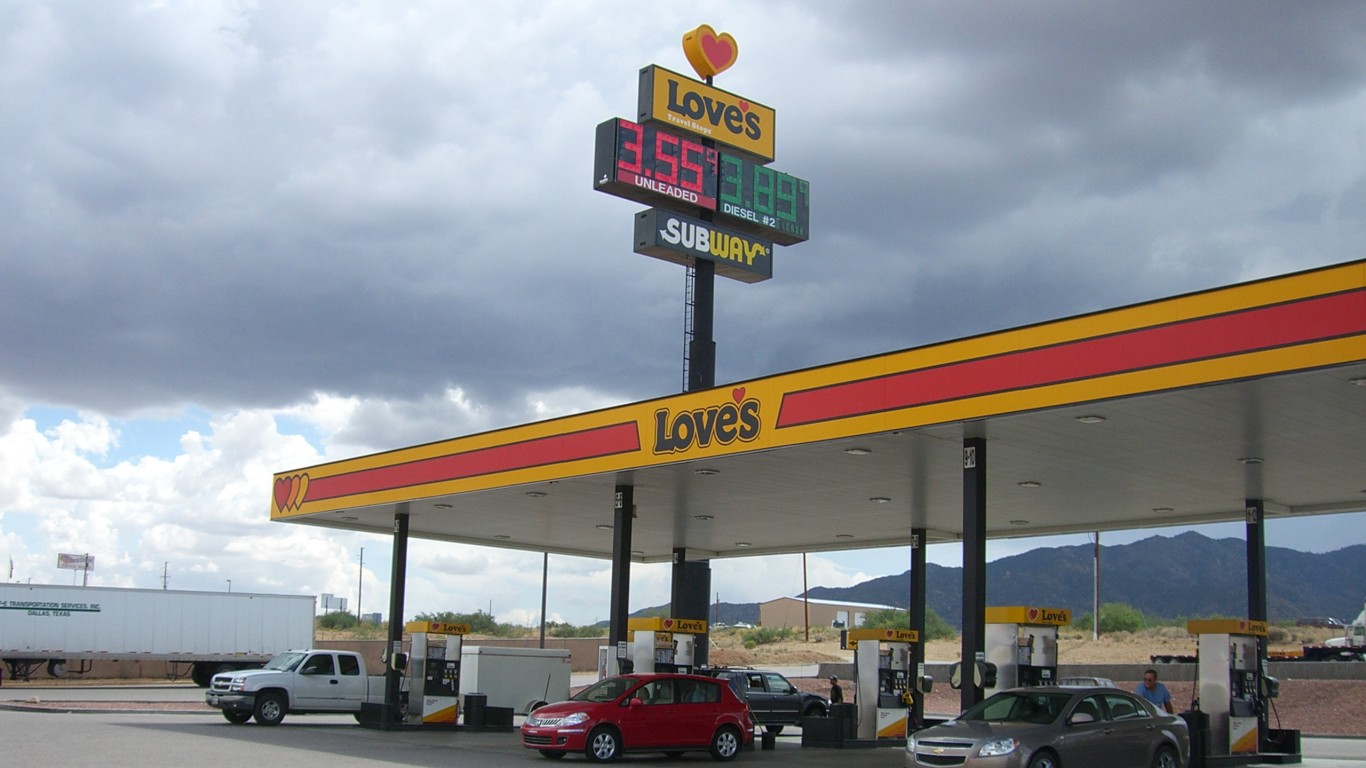
BP plc (NYSE: BP), one of the world’s largest oil companies, announced strong second-quarter earnings. In his presentation about BP’s near-term prospects, Group CEO Bob Dudley said he believes that oil prices will run about $50 a barrel for the remainder of the decade. If he is right, oil company profits will be mediocre for the next three years and many oil-producing nations will suffer, but many consumers will enjoy the effects of low gasoline and heating oil prices.
BP posted a profit of $684 million, which was above the Wall Street consensus of $500 million. In his narration of the numbers and what investors should expect, Dudley commented:
Today, the world consumes more oil than it produces in a single day; high stocks and inventory levels remain the issue at the moment and they’ll slowly drawdown.
Overall though, I’m not expecting big shifts in prices anytime soon and a price of $50 a barrel looks like the right number to plan on for the rest of the decade.
His point of view will not come as a surprise to many. Supply from U.S. shale has added a relatively new and abundant source, OPEC production continues to be above what many of its member nations can afford without draining their treasuries, and Russia continues to pump to offset a flailing economy. The fact that a strengthening global economy will increase demand notwithstanding, it will not be enough to offset an industry that will pump crude even at just above break-even prices.
The Organization of Petroleum Exporting Countries (OPEC) and Russia set a pact early this year, the goal of which was to lower supply and drive crude higher. However, crude opened the year at $57 a barrel. From late May until very recently, oil has traded below $50. The return to $50 is due in part the possibility of sanctions against huge oil producer Venezuela. Those sanctions, however, may never come.
The other side of the pain of oil-producing countries and companies is the consumer benefit of gasoline that in the United States has stayed around $2.35 for the average gallon of regular so far in 2017. Summer gas prices have been at a multiyear low. On the July 4 weekend, the price hit a 12-year low. Energy is a major component of household costs and, in theory, when prices are low it frees up money for other spending.
The other benefit of low oil prices to the U.S. economy is the boon it brings to companies that rely on petroleum-based products. The most visible of these is airlines, which have had a string of profitable quarters due to both cost cuts and lower jet fuel prices.
If Dudley is right, it is mostly bad for BP and its rivals but good for a very large portion of the economy.
Take This Retirement Quiz To Get Matched With A Financial Advisor (Sponsored)
Take the quiz below to get matched with a financial advisor today.
Each advisor has been vetted by SmartAsset and is held to a fiduciary standard to act in your best interests.
Here’s how it works:
1. Answer SmartAsset advisor match quiz
2. Review your pre-screened matches at your leisure. Check out the
advisors’ profiles.
3. Speak with advisors at no cost to you. Have an introductory call on the phone or introduction in person and choose whom to work with in the future
Take the retirement quiz right here.
Thank you for reading! Have some feedback for us?
Contact the 24/7 Wall St. editorial team.


